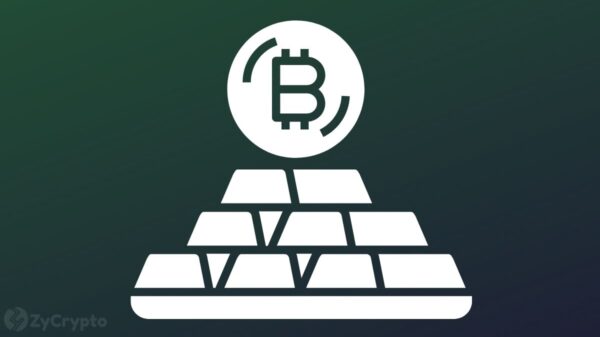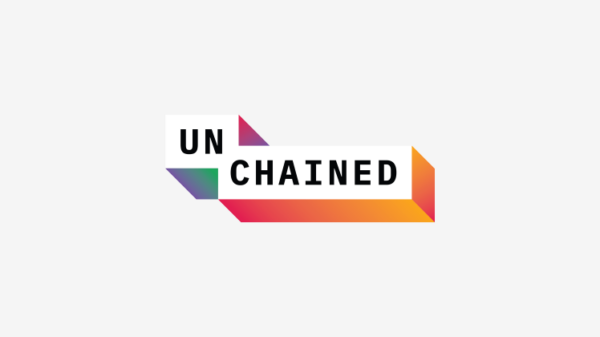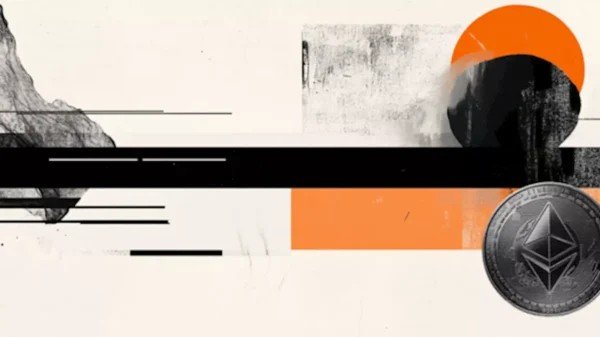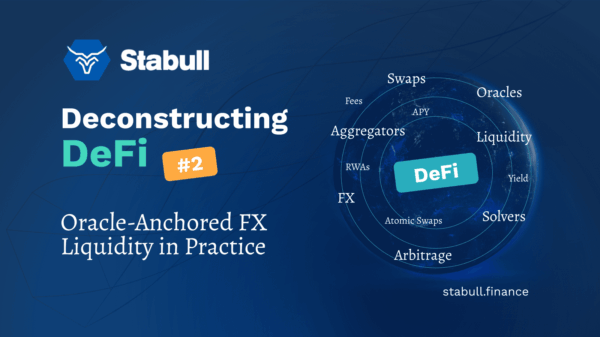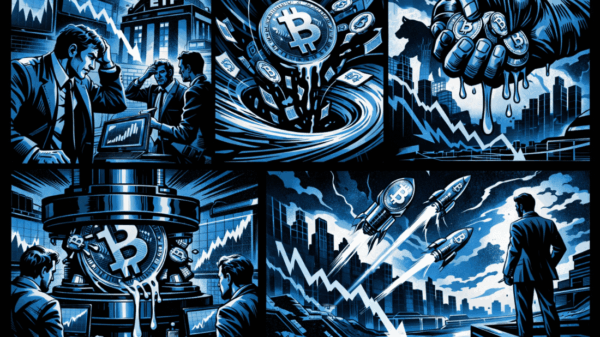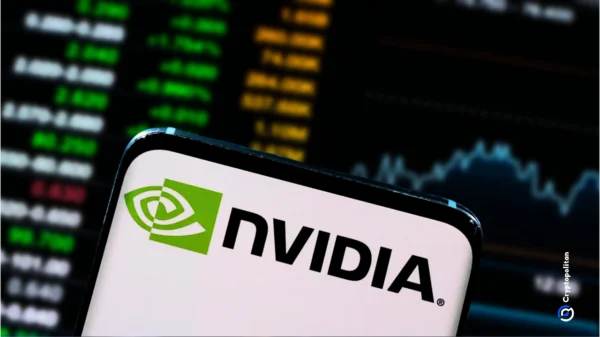A Detroit resident, Jibreel Pratt, has been sentenced to nine years in federal prison after admitting guilt to charges involving Bitcoin donations meant for the terrorist organization ISIS. This case underscores ongoing federal initiatives aimed at dismantling financial networks that support digital terrorism.
Pratt”s illegal activities began in February 2023 when he reached out to someone he mistakenly believed was an ISIS operative; this individual was actually a confidential federal source. According to statements from the U.S. Attorney”s Office for the Eastern District of Michigan, Pratt was deeply committed to the organization, even recording a video where he pledged allegiance to the group”s leader.
In March and May of 2023, he transferred Bitcoin to the source, convinced that the funds would assist in covering the travel expenses of recruits heading to join ISIS or support actions intended to promote violence in the name of the organization. He also provided the source with detailed handwritten notes outlining strategies related to drone weaponization, intelligence operations, and enhancing air defense systems.
To evade law enforcement detection, Pratt employed a privacy-focused VPN and utilized encryption software to conceal the details of his Bitcoin transactions. U.S. Attorney Jerome F. Gorgon, Jr. referred to Pratt as a “traitor” who operated “in the shadows” and emphasized that efforts would continue to prevent such activities in the future.
The conviction of Pratt aligns with a broader federal crackdown on the financing of extremist groups through cryptocurrency. Earlier this year, a Virginia man received a 30-year prison sentence for directing over $185,000 in cryptocurrency to ISIS operatives in Syria. Moreover, in March, the Justice Department seized more than $200,000 in cryptocurrency linked to Hamas, highlighting the increasing scrutiny on how digital currencies can facilitate terrorism financing.
As authorities strengthen their focus on extremist funding through cryptocurrencies, this case serves as a significant reminder of the potential dangers and challenges posed by the intersection of digital finance and terrorism.









